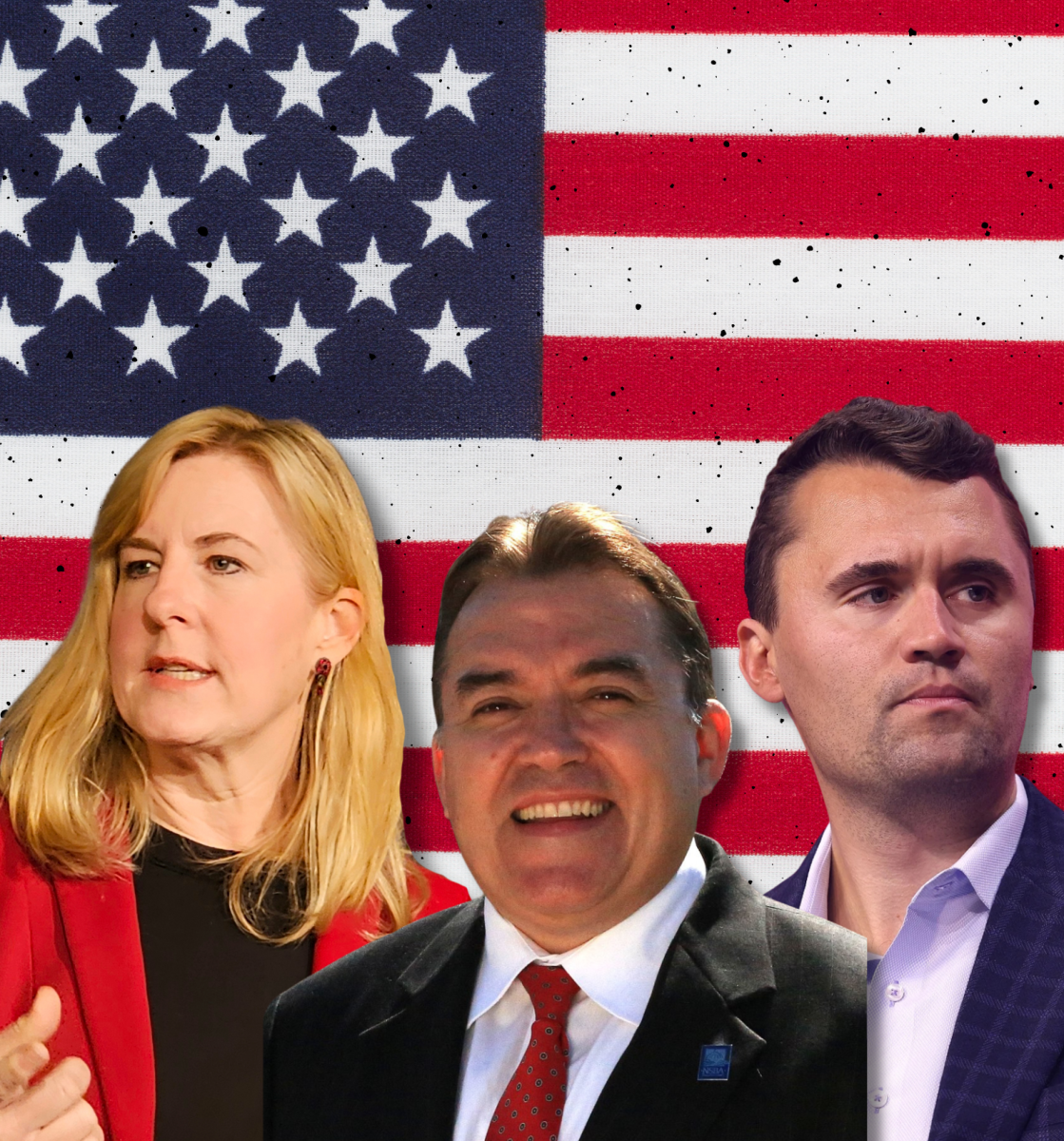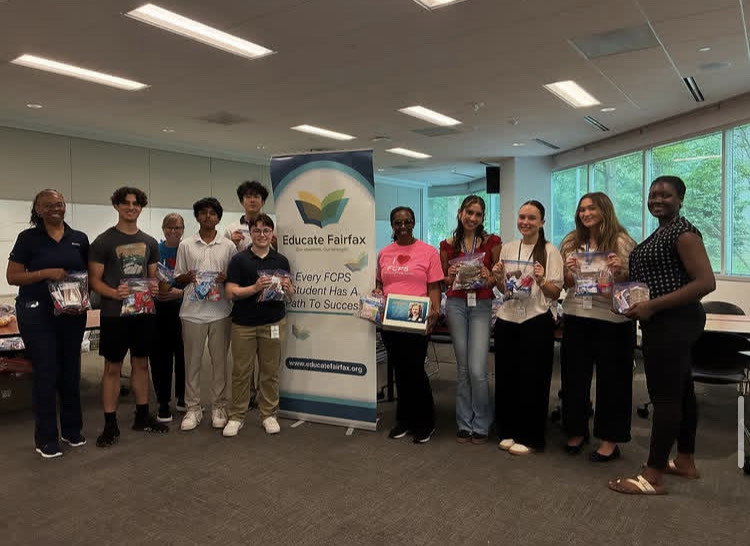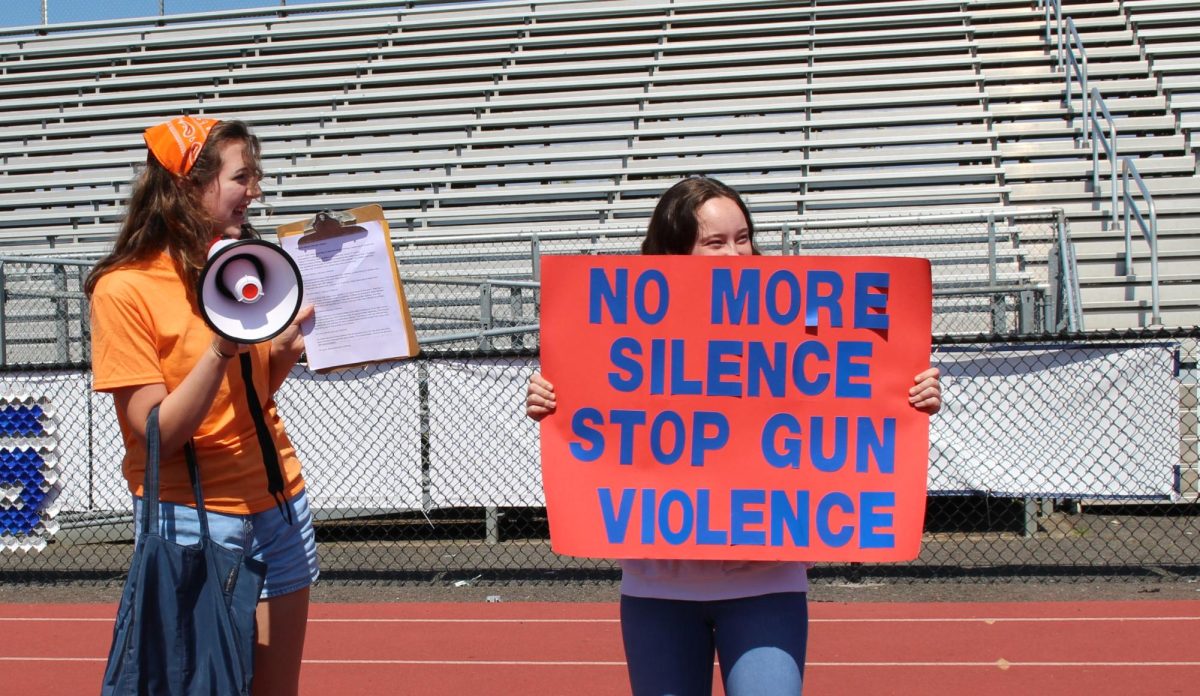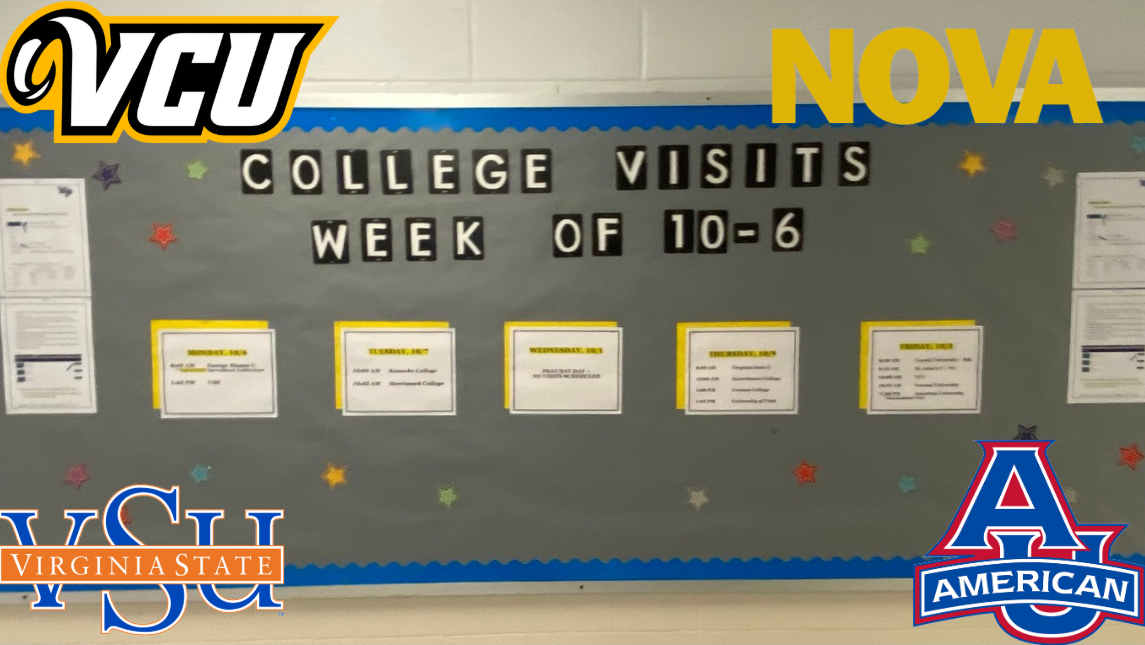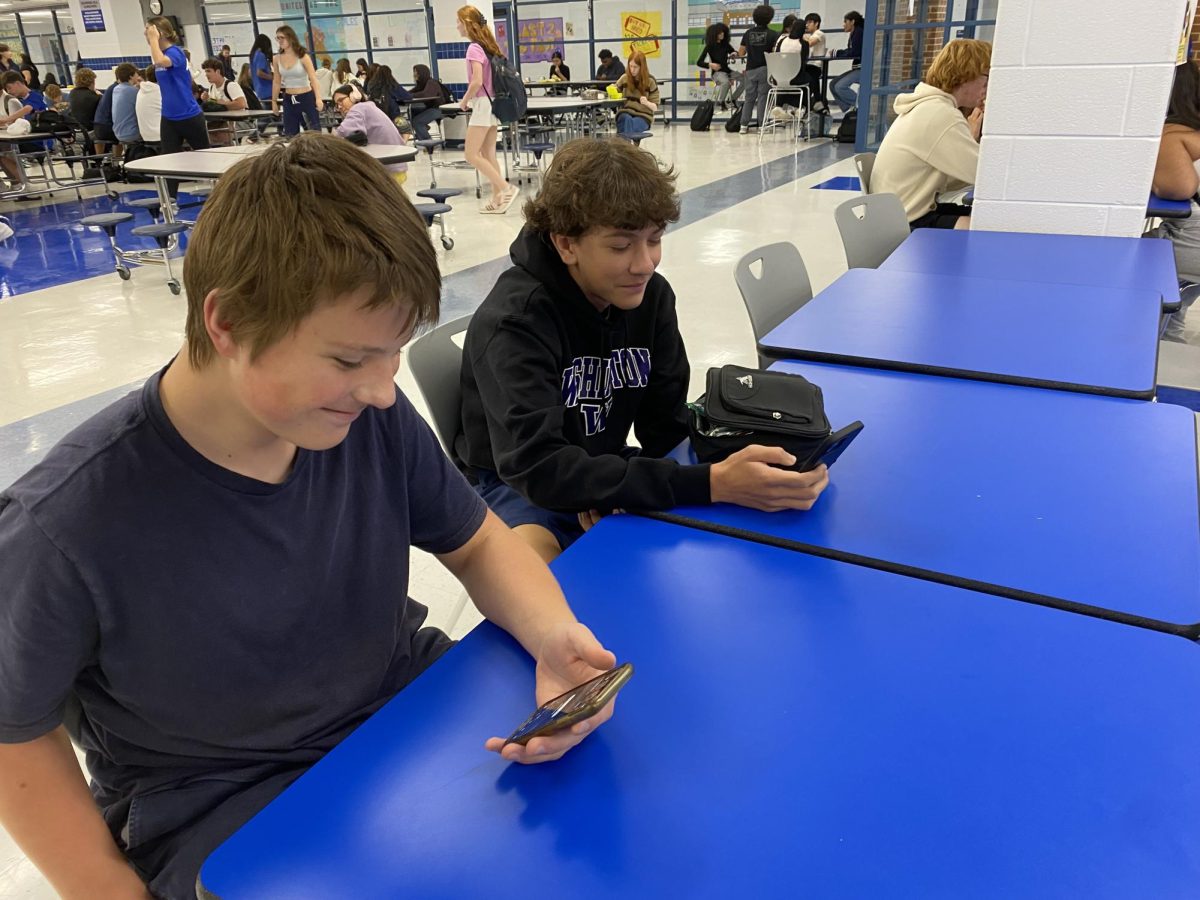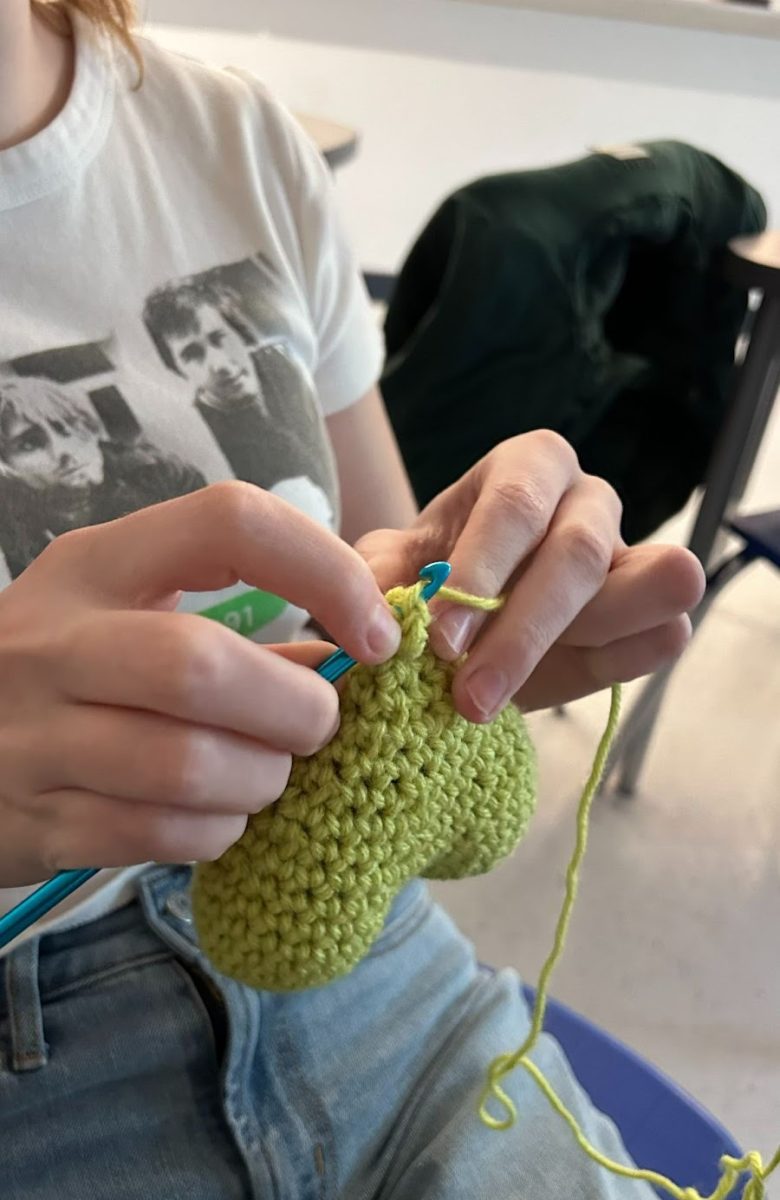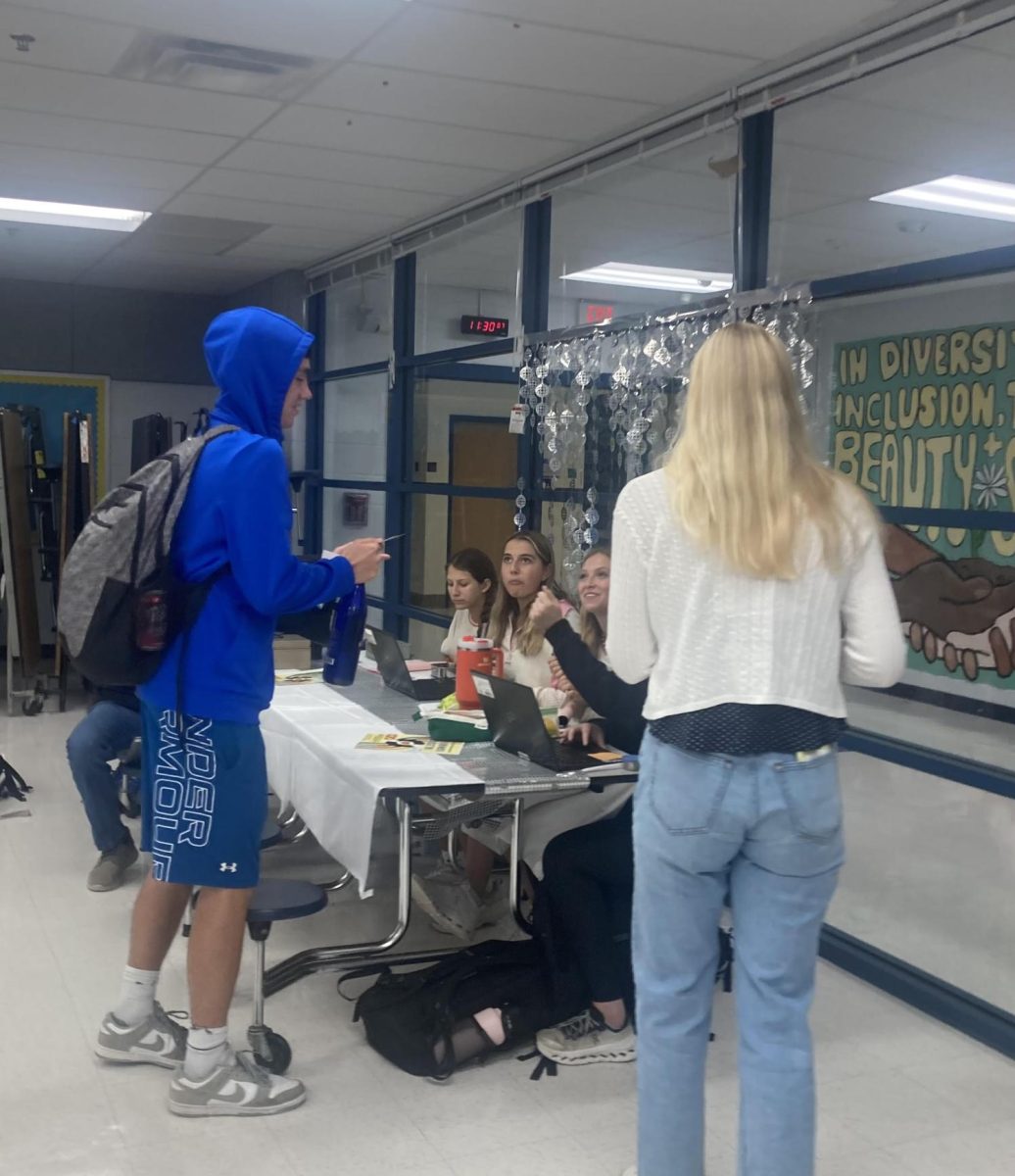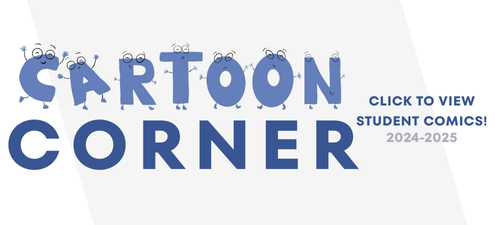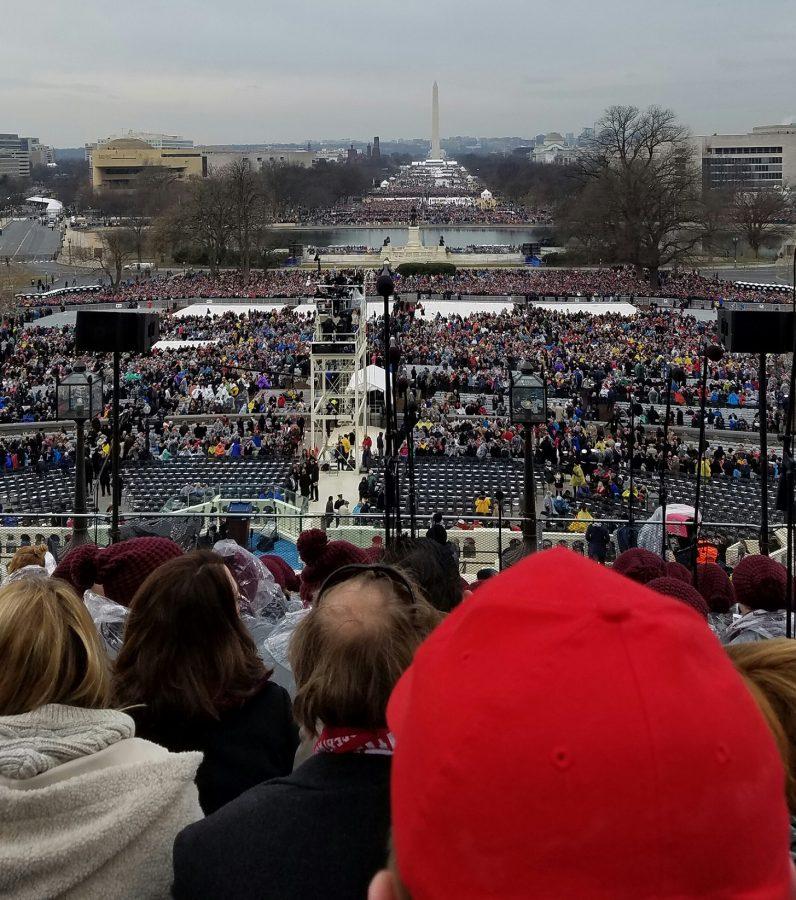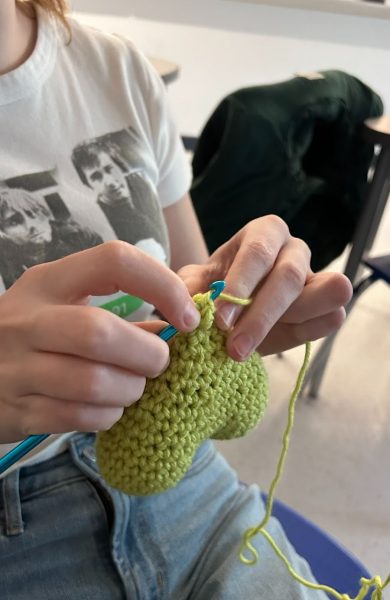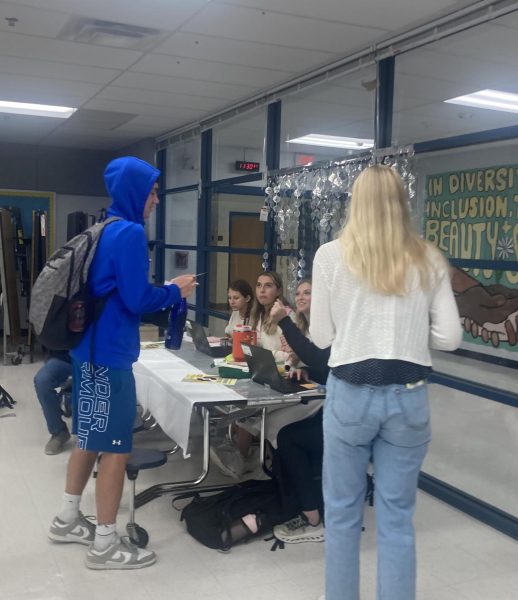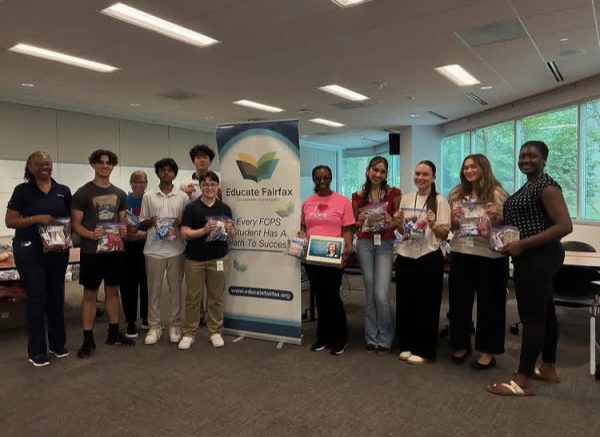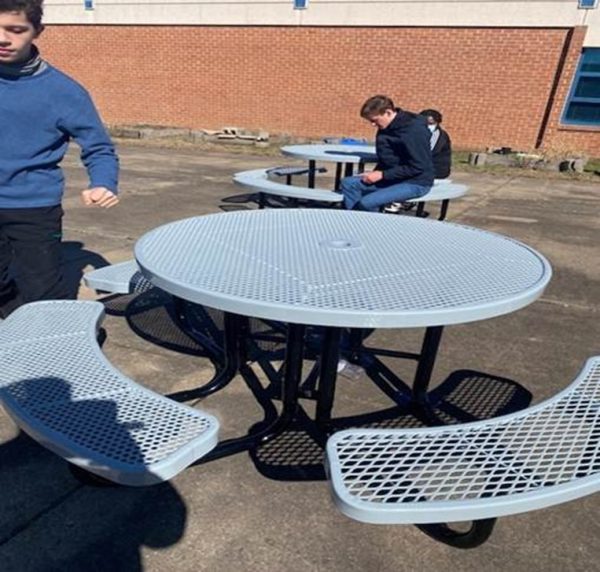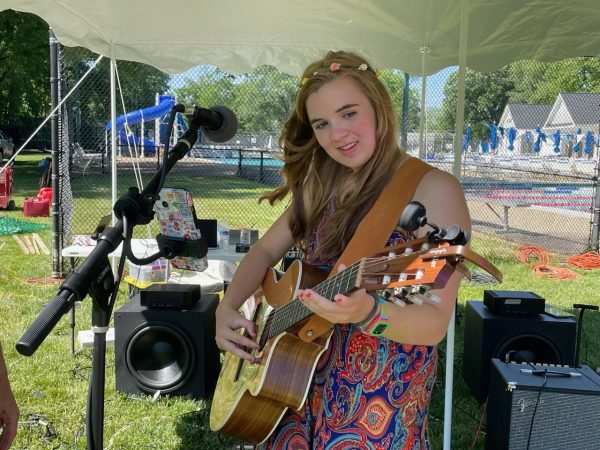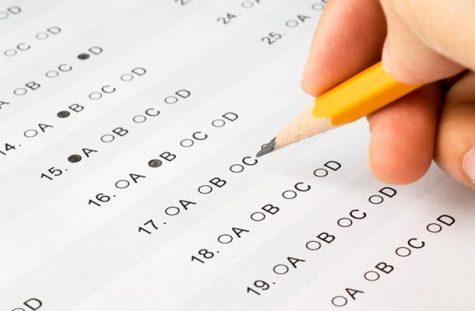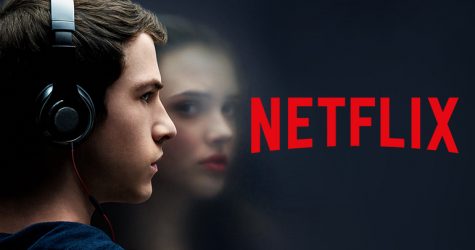I Was There: Witnessing the 58th Presidential Inauguration
Early in the morning of January 20th, 2017, I boarded a train and headed into DC to witness America’s 58th Presidential Inauguration. I was with two of my friends, and through one of their parent’s connections, we had the privilege of watching the ceremonies unfold in first class seats. We were seated in the upper west terrace, behind and above the dais upon which Trump would deliver his first inaugural address.
From the moment we stepped off the VRE at Union Station, we expected a state of lawlessness, with protesters and anarchists battling against law enforcement. But despite all the media hype, and the trending hashtag #disruptj20, the approximately 28,000 police officers and national guardsmen stationed around the secure perimeter did an exceedingly good job, and the city was the most peaceful and orderly I have ever seen it. As it turns out, there was rioting by packs of leftist demonstrators in other parts of town, but walking to the capitol, you would have never guessed it.
Once we passed through the three different security checkpoints required to get to our seats, and stood by to let the Missouri State and Mormon Tabernacle choirs get settled ahead of us, we rounded the northeast side of the capitol, and were struck by an awesome sight. Stretching down the National Mall towards the Washington Monument, and filling out across Pennsylvania Avenue and Independence Avenue was the largest crowd I had ever seen. I was not present at President Obama’s first inauguration, so I cannot comment as to how what I saw compared to the crowd there, but I don’t think it really matters anyway. Packed in the streets, standing in the cold rain, were thousands of average American citizens from all across the country, and all walks of life. It truly was a sight to behold, especially from our perfect vantage point.
In our section, the atmosphere was different from that of the red, white, and blue-clad, MAGA hat donning crowd we saw below. If I had to guess from what I overheard of their conversations, our neighbors were a mix of establishment Republicans and Democrats, with a few Trump supporters mixed in, ourselves included.
As the ceremonies proceeded, the contrast between our group and the crowd below become at times humorously clear. I noticed, for instance, that nobody in our area joined with the main crowd in chanting “lock her up” as Hillary Clinton was introduced.
That pattern held for the rest of the inauguration. Chuck Schumer was greeted by near-deafening boos that endured for the entirety of his speech, only availing when he mentioned that our future is bright. Even President Obama met chants of “we want Trump!” as he entered the stage.
Then, after the swearing in of Pence and Trump, we listened to the new President’s address. Throughout the speech, it felt as if a dark cloud had descended above our area, and the seats of the congressmen and women adjacent to us. President Trump, in his signature style, railed against the political establishment and global elite, while many of them were seated behind him. Indeed, when the main crowd cheered, many in our section shifted uncomfortably.
President Trump’s speech was clear, concise, and ideologically firm. Its message was one that has been absent from the mindset of the American two-party system for decades: nationalism. Just like in his speech at the GOP convention, he painted the picture of America’s political landscape as divided, betrayed and weakened. Judging from the election results, it is clear that outside of the east and west coasts, that picture is reality. He vowed to bring back American industry, to secure our border, to end our policy of nation building, and to make all decisions based upon putting America’s interests above all else.
Trump’s election signifies a massive turning point in American politics. I’m very happy I went to his inauguration, and will be able to say years from now that I was there. Even if he accomplishes only half of the goals he has set out to achieve, he will be remembered as a President of monumental significance. Ever since the end of World War I, American policy has drifted away from protecting the interests of the people, and towards globalism, the slow breakdown of the nation state. Trump wants to reverse that, and he will face fierce resistance along the way. If nothing else, the next four (or eight) years will certainly be the most politically exciting that the American public has witnessed for a long, long time.


